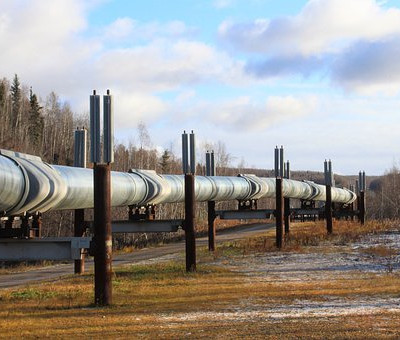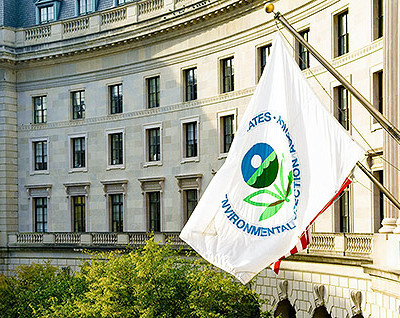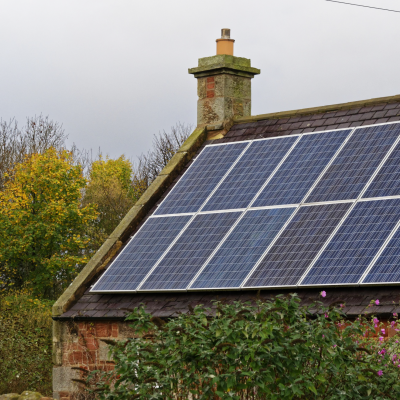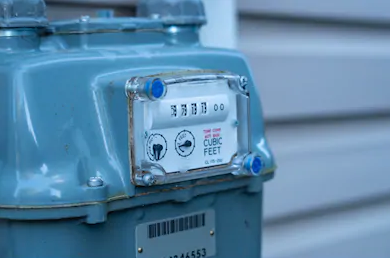May 31, 2021
May 2021 at Policy Integrity
- Fixing a Broken Pipeline-Approval Process
- States Starting to Shift Away from Natural Gas: Webinar
- EPA Ends Two Trump-Era Curbs on Environmental Protection
- Publication Update: Barriers to the Energy Transition
- Commentary: “Major Questions” Doctrine, Climate in the Courts
- Building Power in the Environmental Movement
- More from May 2021
-

Fixing a Broken Pipeline-Approval Process
Avoiding the most devastating impacts of climate change will require a speedy transition away from fossil fuels. Yet in recent years, the federal government has rubber-stamped nearly every major natural gas pipeline project that has been proposed. Max Sarinsky and Sarah Ladin’s piece in Canary Media argues that the Federal Energy Regulatory Commission needs to fix its approach to pipelines, and fast. They discuss a number of crucial reforms, which could be put in place when a new Commissioner is tapped as soon as this summer.
We provide an in-depth discussion of these reforms in our recent comments to FERC. Our comments emphasize that FERC should quantify and monetize all greenhouse gas emissions, and require minimization and mitigation of greenhouse gas emissions for approved infrastructure; improve its assessments of whether new infrastructure is necessary; consider transition risk; and refine its environmental justice analyses. We also submitted joint comments with a coalition of environmental groups supporting the use of the social cost of greenhouse gases to assess climate impacts.
-
States Starting to Shift Away from Natural Gas: Webinar
As a result of states’ climate commitments and the availability of new, cleaner technologies, the coming decades are likely to see radical reductions in natural gas use in residential and commercial buildings. We hosted a webinar that brought together officials from some of the states leading the way in this transition, and asked them to share their distinct perspectives and insights about the path forward. A video recording of the event is available here.
-

EPA Ends Two Trump-Era Curbs on Environmental Protection
The EPA recently reversed two major Trump-era rules that weakened the agency’s ability to craft strong safeguards for public health and the environment. One rule, involving the calculation of the costs and benefits of air pollution reductions, broke from longstanding best practices and threatened future clean air protections by incorporating a bias toward deregulation, as Richard Revesz told E&E News. The other, known as the “Censored Science” rule, placed significant limits on what epidemiological studies could be used to design new regulations. We were involved in regulatory proceedings on both, criticizing the cost-benefit rule and the Censored Science rule in comments to the EPA’s chartered Science Advisory Board.
-

Publication Update: Barriers to the Energy Transition
Information can play a central role in promoting distributed energy resources and hence cutting emissions. Dr. Sylwia Bialek and Dr. Burçin Ünel released a working paper that studies the key information barriers hindering the efficient roll-out of distributed energy resources.
-
Commentary: “Major Questions” Doctrine, Climate in the Courts
The Trump administration routinely invoked the “major questions” doctrine to strike down regulations. Richard Revesz and Natasha Brunstein’s piece in The Regulatory Review details their research on the unprecedented expansion of a rarely applied legal concept. By analyzing arguments made in Department of Justice briefs, Revesz and Brunstein reveal that the Trump administration put forth an amorphous and unrestrained account of the doctrine, turning it into little more than an invitation for courts to advance the administration’s deregulatory agenda.
Earlier this year, a federal court dismissed New York City’s lawsuit that sought to hold fossil fuel corporations liable for severe climate damages. Rachel Rothschild’s piece in Bloomberg Law explains that the Second Circuit’s ruling was wrong—and could thwart others from using the courts to hold polluters responsible for external harms.
-
Building Power in the Environmental Movement
During winter and spring of this year, Policy Integrity partnered with Green 2.0 and the Environmental Law Committee of the New York City Bar Association, along with several other centers, to host the webcast series, Building Power in the Environmental Movement. The three webcasts brought together experts from government, non-profits, and law firms to explore some of the best strategies for improving diversity, equity, and inclusion in the field of environmental law. Bethany Davis Noll and Richard Revesz’s guest piece with Green 2.0 gives an overview of the series and highlights key takeaways. You can also watch video recordings of the January, March, and April webcasts.


